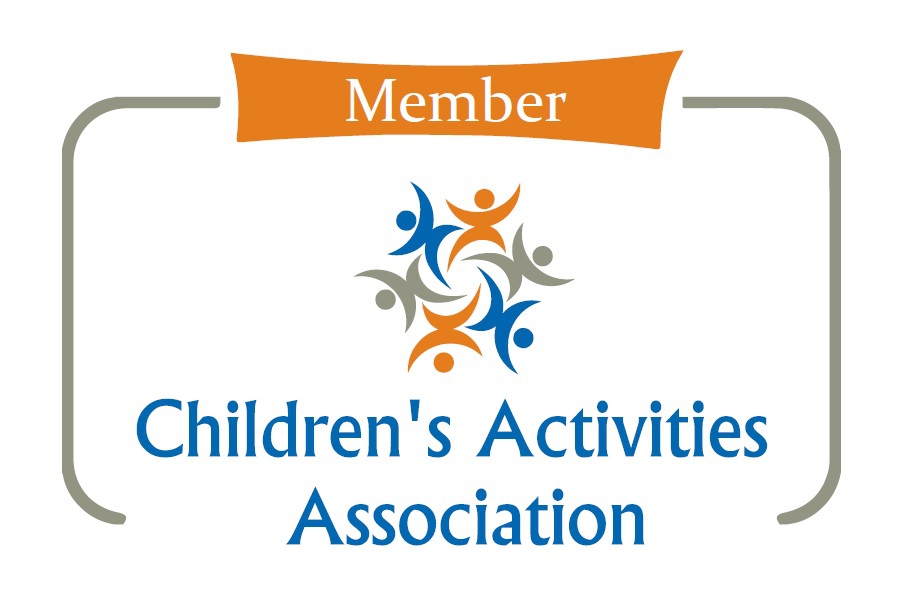Norovirus does the rounds every winter and is one of those illnesses that is very hard to avoid. If your child gets it, it’s pretty unpleasant, and you’ll want to know how you can help your child feel as comfortable as possible. This week’s blog talks you through the symptoms, what to do if your child gets ill and the circumstances where you may need to seek medical help.
So what is norovirus?
Norovirus causes diarrhoea and vomiting and is one of the most common stomach bugs in the UK. It's called the "winter vomiting bug" simply because it's more common in winter, but you can catch it at any time of year (oh the joy!).
Norovirus can be very, very unpleasant for both your child and for you having to deal with it (!) but it usually only lasts a few days, phew!
What are the symptoms?
Your child is likely to have norovirus if they:
· Suddenly begin feeling very sick with no other likely cause
· Projectile vomit
· Have a lot of watery diarrhoea
As well as the above they may also have:
· A high temperature
· A headache
· Painful stomach cramps
· Aching limbs
The symptoms appear 1-2 days after infection, and usually last 2-3 days.
What can I do to help my child?
Make sure they get LOTS of fluids
The most important thing is to help your child drink lots of fluids so they don’t get dehydrated due to all the fluid they are losing – clear fluids such as water or weak squash are best for older children. Do not give fruit juice or fizzy drinks as they can make symptoms worse.
Carry on breast or bottle feeding your baby – if using formula, don’t make it weaker than usual. If your baby is being sick, try small feeds more often than usual in between episodes of sickness.
Stay at home and get lots of rest
Norovirus spreads like wildfire, so you should treat it at home and don’t send your child back to nursery, school or their childminder, or mix with other families, until 48 hours after the last episode of sickness or diarrhoea. Encourage your little one to sleep or rest as much as possible – norovirus really takes it out of you and your usual bouncy child is likely to be pretty lethargic, so lots of snuggling up with duvets and books is advised!
If they feel hungry . . .
Children’s resilience is amazing, and whilst for an adult with norovirus, eating is probably the last thing on our mind, children’s tummies can often fancy a little something! It’s ok for them to eat, so if they feel like it, try them with some plain foods at first, such as bread, pasta or rice to see how they get on.
Don’t worry if they don’t want to eat at all, just carry on making sure they have lots of fluids.
Can I give any medicines?
Children under 12 years of age should not be given medication to stop diarrhoea.
You can give your child a dose of paracetamol based medicine to ease any fever, headache or painful limbs which can be caused by norovirus.
So I’m staying at home to avoid spreading the infection – but what if I need to seek help?
You don’t normally need to see a doctor if your child has norovirus.
However, you’re advised to ring 111 if:
· Your child stops breast or bottle feeding whilst they are ill.
· Your child keeps being sick, and cannot keep any fluids down.
· You notice signs of dehydration, such as fewer wet nappies, especially in a baby as they are at greater risk. In an older child, passing very small amounts of urine, or no urine at all means they are dehydrated.
· Your child has diarrhoea for more than 7 days or vomiting for more than 2 days.
Is there any way I can prevent my child getting norovirus?
This is one bug it is really difficult to avoid, especially if your child regularly mixes with lots of other children. Norovirus loves close contact and spreads easily through infected particles in the air. We all know little kids LOVE to put things in their mouths, and the virus spreads very easily from an infected person to an object and then onwards.
We’ve all got very used to using hand sanitiser but interestingly, alcohol hand gel does not kill norovirus! So it’s back to good old thorough hand washing with lots of soap and water as your best line of defence.
Oh, and don’t eat oysters as they can carry norovirus – but chances are you weren’t thinking of giving them to your 3 year old anyway!
So, fingers crossed you and the family can avoid norovirus, but hopefully you now feel a bit more confident if it does strike!
The Mini First Aid Team x
For more information please visit www.nhs.uk or www.nhsinform.scot
Still looking for Christmas gifts?
Our Best Sellers Bundle makes a thoughtful present for family or friends. It features 4 of our top sellers for only £20. Our Best Sellers Bundle includes:
- Our award winning Mini First Aid kit, containing 74 first aid items in a compact, stylish pouch.
- Paediatric First Aid Made Easy - a compact but sturdy guide to help you deal with minor and emergency first aid incidents - no home should be without one.
- Savlon antiseptic cream for scrapes and cuts.
- Elly the Elephant (or Woopsadaisy, your choice) hot and cold gel pack for easing the pain of bumped heads, knees and elbows.
You can't beat giving the gift of safety this Christmas.








